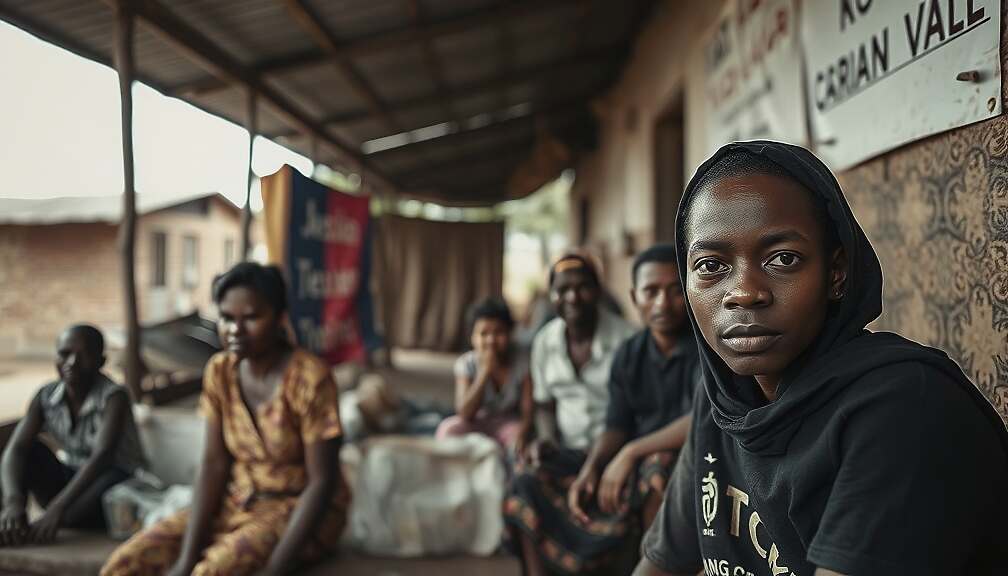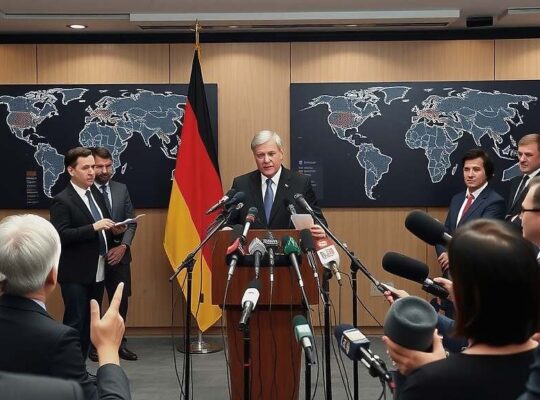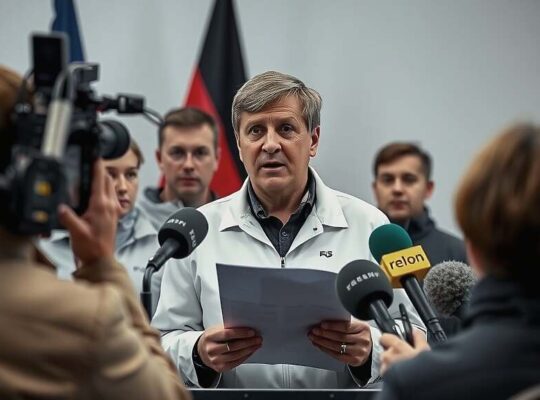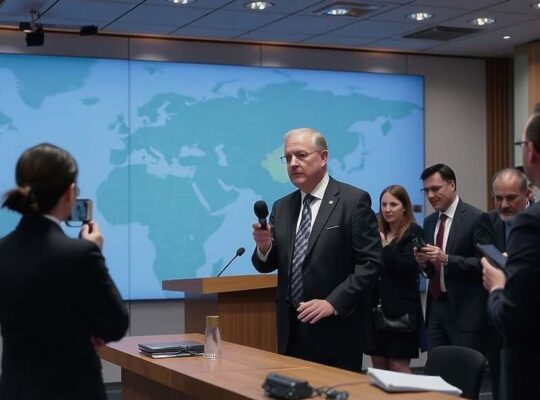The humanitarian crisis in Gaza demands immediate and sustained international action, particularly focused on the devastating impact on its child population, according to UNICEF. Executive Director Catherine Russell, in a statement to the German editorial network, painted a stark picture of the region, describing a landscape “beyond words” in terms of the suffering endured by children.
Russell highlighted the pervasive trauma, widespread injuries and acute malnutrition plaguing Gaza’s youth. The loss of family members is compounding the psychological damage, leaving a generation scarred by relentless conflict. A particularly grim statistic underscores the brutal reality: Gaza now holds the unprecedented global record for the highest per capita rate of child amputations.
UNICEF’s call centers on the critical need for a stable and enduring peace agreement to facilitate meaningful recovery. While acknowledgment of the problem is a starting point, Russell emphasized the responsibility of the international community to actively support the revitalization of Gaza’s infrastructure and, crucially, its people. This support must include robust medical assistance for injured children, comprehensive nutritional programs to combat malnutrition and the rapid re-establishment of educational facilities.
However, simply providing aid is insufficient. Analysts are questioning whether the current diplomatic efforts are genuinely committed to addressing the root causes of the conflict and ensuring long-term stability for Gaza and its residents. UNICEF’s statement serves as a forceful reminder that failing to secure a lasting peace and provide a supportive environment for children will condemn a generation to further suffering and severely compromise any prospects for a sustainable future. The agency’s plea implicitly challenges political leaders to move beyond rhetoric and prioritize the needs of vulnerable children over geopolitical maneuvering.












